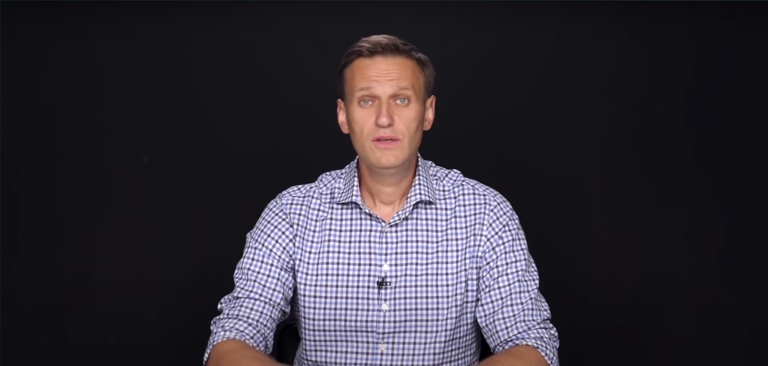Amnesty International, a non-governmental organization (NGO) that often campaigns for human rights, has stripped the imprisoned Russian opposition leader Alexei Navalny of his status as a “prisoner of conscience” after concluding that comments Navalny made 15 years ago amounted to advocating for “hate or violence” and “hate speech.”
The group originally designated Navalny a prisoner of conscience after Russian authorities detained him on January 17 and accused him of violating parole conditions related to a previous conviction.
“Aleksei Navalny’s arrest is further evidence that Russian authorities are seeking to silence him,” Amnesty International wrote at the time. “His detention only highlights the need to investigate his allegations that he was poisoned by state agents acting on orders from the highest levels.”
But after being bombarded with complaints about Navalny’s past comments, Amnesty International decided to strip him of this status.
Amnesty International admitted that it believes these complaints were part of an “orchestrated campaign” to discredit Navalny and “impede” Amnesty International’s call for his release but deemed his 15-year-old comments to be hate speech and incompatible with the prisoner of conscience designation.
The group added that it had initially concluded that Navalny’s past statements were “not relevant” in light of his current detention but that it had “too many requests” and “couldn’t ignore them.”
“He cannot be a prisoner of conscience: that is someone who never advocates hate or violence or uses hate speech,” Amnesty International added.
According to the BBC, the complaints accused Navalny of being an “avowed racist” and a “vile white supremacist” and focused on a video from the early 2000s. In the video, which was interspersed with images of immigrant workers, Navalny reportedly called for the removal of “everything that bothers us,” like rotten teeth, while dressed as a dentist.
While Amnesty International is still calling for Navalny’s immediate release and “for the Russian authorities to cease this politically motivated prosecution,” the decision to revoke his prisoner of conscience status on the grounds of hate speech is at odds with the free speech commitment the group makes on its homepage – “From the death penalty to free speech, we protect people’s human rights.”
This isn’t the first time Amnesty International has faced scrutiny over its commitment to free speech. In November 2020, it was criticized for signing a letter that called for the media and politicians to “no longer provide legitimate representation” to those that “seek to defend biology or fight gender identity and expression.”
Amnesty International is one of several civil rights organizations that has started to backtrack on its commitment to free speech in recent years.
Other examples include representatives of the American Civil Liberties Union (ACLU), an organization that used to champion free speech, now calling for books to be banned.













